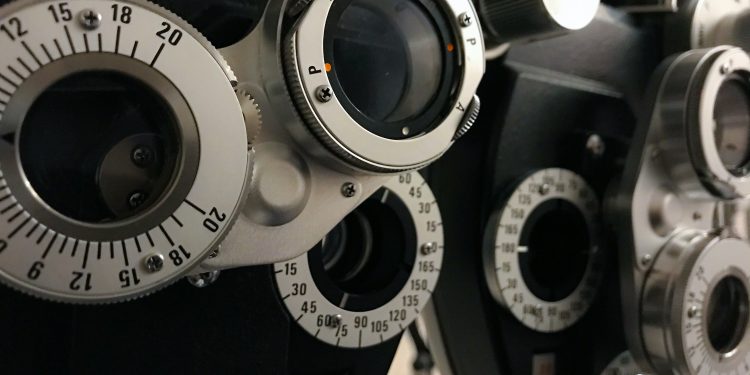by Dr. Terry Trinka
The short answer is, Yes! And here is how they work.
In a concussion or traumatic brain injury the impact causes your brain to slosh around inside the skull, damaging the finely wired circuitry.
While many people recover within three months of a hit to their head, a good percentage do not. Those people need specialized care.
How easily you recover is affected by factors other than the intensity of the impact to your head. Are there pre-existing problems with your health that affected your brain prior to the impact? Has your rehab process addressed your visual system’s circuitry to the level needed?
Since the visual system provides 70 to 80% of the sensory input into your brain and connects with almost every other part of your brain, damage to this circuitry can have far-ranging symptoms including dizziness, balance issues, reading problems, fatigue, lack of concentration, language deficits, memory issues, and headaches/migraines.
Many of these symptoms arise because what your eyes are seeing is mismatched with what your brain is interpreting due to the damage caused by the concussion.
Another good reason for these symptoms is that the damage from the concussion affects the parts of your brain that control eye muscles. Without the ability to accurately move your eyes and create a stable image on your retina, you have a vastly greater chance of a mismatch between the signals your eyes send to your brain and how your brain interprets those signals.
The goal of neuro glasses is to correctly match your retina with the other sensory systems in your brain. This can alleviate many symptoms.
Specialized neuro glasses can send light to specific areas of your retina that in turn stimulate parts of your brain. Traditional optometry seeks to create a clear image for your central retina so you can see detail.
I look at your peripheral retina and its connection to your central retina and your brain. This is a critical connection for concussion and TBI recovery.
The two most common areas injured in a concussion are the base of your brain, called the cerebellum and the parietal lobe where all of the senses are integrated. The cerebellum coordinates muscle activity for voluntary movements and enables fine muscle adjustments to maintain balance.
Targeting these areas of your brain often resolves many symptoms of concussions.
The tools involved in the making of neuro glasses involve lenses, prisms, tints, and occlusions. Each one of these tools can expand or contract your visual perception in order to better match the signals coming in from the rest of your senses.
In addition, neuro glasses can help normalize eye movements that affect posture, gait, balance, and coordination, although they can do much more than that.
By using these tools and subsequently modifying them as new neural connections develop, along with brain-based activities and metabolic help, you significantly increase the likelihood that you can fully recover from a concussion.
Dr. Trinka is a neurological optometrist and a member of NORA (Neuro Optometric Rehabilitation Organization) who uses his neurological background to help people with concussion and brain injuries. He is passionate about educating people about the details of the eye-brain connection in order to guide them through the process of balancing and rebuilding vision-brain function. www.eyebrainconnection.com











